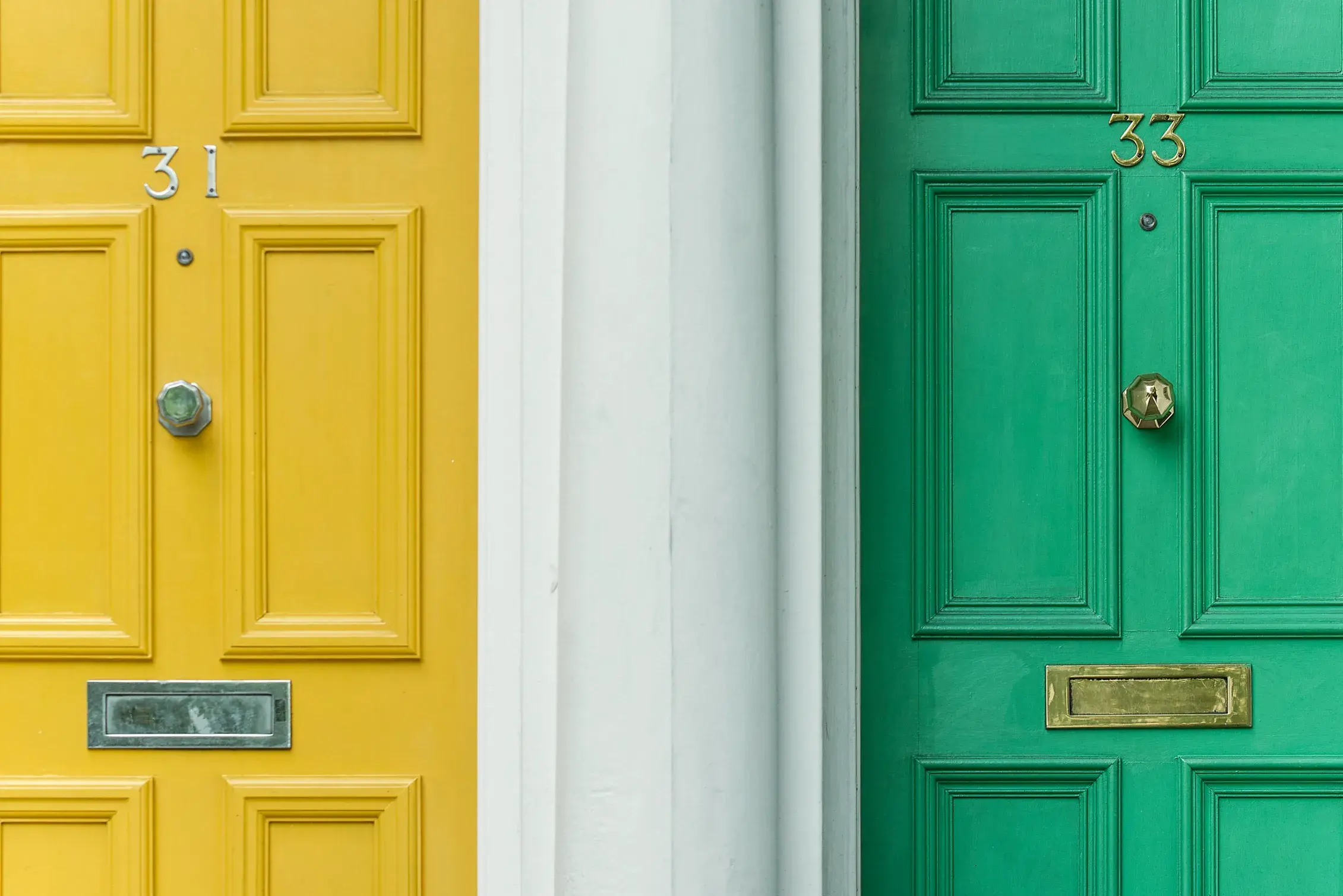How to Maintain a Good Relationship with Your Landlord

Renting a home with certain responsibilities, not just for tenants but also for landlords. While many renters focus on their rights (as they should), fostering a positive relationship with your landlord can make your renting experience smoother and more enjoyable. A good rapport can lead to quicker maintenance responses, potential flexibility in rent negotiations, and even a greater chance of securing a renewal when your tenancy ends. Here’s how to build and maintain a strong relationship with your landlord.
Pay Your Rent on Time
One of the most important aspects of a healthy landlord-tenant relationship is ensuring your rent is paid on time and in full. Landlords rely on rent payments to cover their mortgage, maintenance costs, and other property-related expenses. Late payments can cause financial stress for your landlord and may lead to strained communication or even legal proceedings if they persist.
To avoid any issues:
- Set up a standing order or direct debit so payments are made automatically each month.
- Keep track of payment dates, especially if your pay schedule does not align with your rent due date.
- If you foresee any financial difficulties, communicate early with your landlord rather than waiting until the rent is overdue. Many landlords may be willing to discuss temporary solutions, such as a revised payment schedule.
Reliable rent payments demonstrate responsibility and reliability, which will make your landlord more inclined to assist you when needed.

Respect the Property
Treating your rental property with care is crucial to maintaining a good relationship with your landlord. While normal wear and tear is expected, deliberate neglect or damage can lead to costly repairs and disputes over your deposit when you move out.
To show respect for the property:
- Keep it clean and tidy to prevent long-term damage, such as mould or pest infestations.
- Follow any rules regarding maintenance, such as keeping the garden tidy if specified in your tenancy agreement.
- If you wish to make changes, such as putting up shelves or painting walls, ask for permission first. Some landlords may allow minor alterations, while others may require you to return the property to its original state when you leave.
Showing that you care about the property reassures your landlord that their investment is in good hands, making them more likely to trust you and accommodate any reasonable requests.
Report Maintenance Issues Promptly
Many tenants hesitate to report maintenance problems, fearing they’ll be seen as a burden. However, landlords appreciate tenants who report issues early, as small problems can escalate into costly repairs if left unaddressed.
For example:
- A leaking tap may seem minor, but if ignored, it could lead to water damage or increased water bills.
- A faulty boiler could leave you without heating or hot water, which is a legal requirement for landlords to fix.
- Damp or mould can spread quickly and cause health issues, making it important to report as soon as you notice it.
When reporting maintenance issues:
- Use email or written messages to create a record of communication.
- Be clear and polite about the issue, describing what’s wrong and how urgent it is.
- Allow reasonable time for repairs but follow up if nothing is done within an expected timeframe.
By being proactive, you help maintain the property’s condition and show your landlord that you take your tenancy seriously. Take a look at our guide to repairs and maintenance to find out about tenants' and landlords' responsibilities in a rented home.

Understand Your Tenancy Agreement
Your tenancy agreement is a legally binding contract that outlines the responsibilities of both the tenant and the landlord. Understanding this document can help prevent disputes and ensure you are fulfilling your obligations.
Key areas to check in your agreement include:
- Who is responsible for repairs? While landlords must handle major structural issues, tenants may be required to manage minor maintenance, such as changing light bulbs.
- What’s included in the rent? Some agreements cover utilities, council tax, or internet, while others require tenants to arrange these themselves.
- Rules on decorating and pets. If you plan to make changes or get a pet, check if your tenancy allows it.
By familiarising yourself with your rights and responsibilities, you can avoid unnecessary misunderstandings and maintain a respectful relationship with your landlord.
Communicate Clearly and Professionally
Good communication is the foundation of any positive landlord-tenant relationship. Whether you need to report an issue, request a renewal, or discuss concerns, maintaining a polite and professional tone will ensure productive interactions.
Tips for effective communication:
- Use email or written messages rather than phone calls for important matters, as this provides a record of discussions.
- If speaking in person or on the phone, stay calm and respectful, even if you are frustrated.
- When making requests, be clear and concise, stating exactly what you need and any relevant details.
A landlord who feels respected is more likely to respond positively to your needs and be cooperative throughout your tenancy.
Be Considerate of Neighbours
Your landlord may receive complaints if you cause noise disturbances, block communal areas, or fail to manage rubbish properly. Being a respectful neighbour not only improves your relationship with those around you but also ensures your landlord isn’t dealing with unnecessary grievances.
To maintain good neighbourly relations:
- Keep noise levels reasonable, especially at night.
- Dispose of rubbish correctly and follow local council waste collection rules.
- Be mindful of shared spaces, such as hallways or gardens.
By being a good tenant, you help prevent conflicts that could reach your landlord and damage your reputation.

Give Proper Notice Before Moving Out
If you plan to move out, it’s essential to provide the correct amount of notice as stated in your tenancy agreement. Most contracts require at least one month’s notice for rolling tenancies and two months for fixed-term agreements.
When ending your tenancy:
- Inform your landlord in writing and confirm they have received your notice.
- Leave the property clean and in good condition to maximise your deposit return.
- Arrange a final inspection with your landlord to address any potential issues before you leave.
Exiting on good terms increases your chances of receiving a positive reference for future rentals, which can be crucial in securing a new home.
Keep Records of All Correspondence
Having a record of emails, messages, and receipts can help if disputes arise. If you discuss something verbally, follow up with a written summary to avoid misunderstandings.
Records you should keep include:
- Rent payment receipts or bank statements.
- Emails regarding repairs or maintenance requests.
- Written permissions for changes to the property.
Keeping organised records protects you in case of disputes over payments, deposits, or responsibilities.

Be Honest About Issues
If you accidentally cause damage to the property, being upfront about it is the best approach. Landlords are more likely to be understanding if you take responsibility rather than trying to hide the problem.
For example:
- If you break something, offer to arrange a repair or replacement. Check out our guide to handling broken appliances in a rented home.
- If you spill something that could stain, inform the landlord early before it worsens.
Honesty builds trust and makes landlords more willing to cooperate with you.
Consider a Long-Term Mindset
If you are happy in your rental property, maintaining a positive relationship with your landlord can help secure lease renewals and even prevent sudden rent increases.
To encourage renewal offers:
- Be a responsible tenant who pays on time and takes care of the property.
- Express your interest in staying before your lease ends, showing your landlord they don’t need to find a new tenant.
- If rent increases are proposed, discuss them politely and professionally rather than reacting negatively.
Landlords prefer to keep reliable tenants, so demonstrating that you are responsible can benefit both parties.
Final Thoughts
A positive landlord-tenant relationship benefits everyone involved. As a tenant, you’ll have a more enjoyable and hassle-free renting experience, while landlords will have peace of mind knowing their property is in good hands. By following these tips, you can create a respectful and professional dynamic that ensures a stress-free tenancy.
